Dinner’s Ready
Why should I make dinner if we are both in love?
A story of gendered roles and the ethics of care
Email to request screener.
Official Selections and Awards:
Best Animation National Youth Film Awards 2022 // Singapore
Best Art Direction National Youth Film Awards 2022 // Singapore
Athens Animfest 2022 // Athens, Greece
Reel Asian Film Festival 2022 // Toronto, Canada
San Diego Underground Film Festival // California, USA
Linoleum Film Festival // Kyiv, Ukraine
Flatpack Festival // Birmingham, UK
Encounters Film Festival // Bristol, UK
Baby Teeth Film Festival // New York, USA
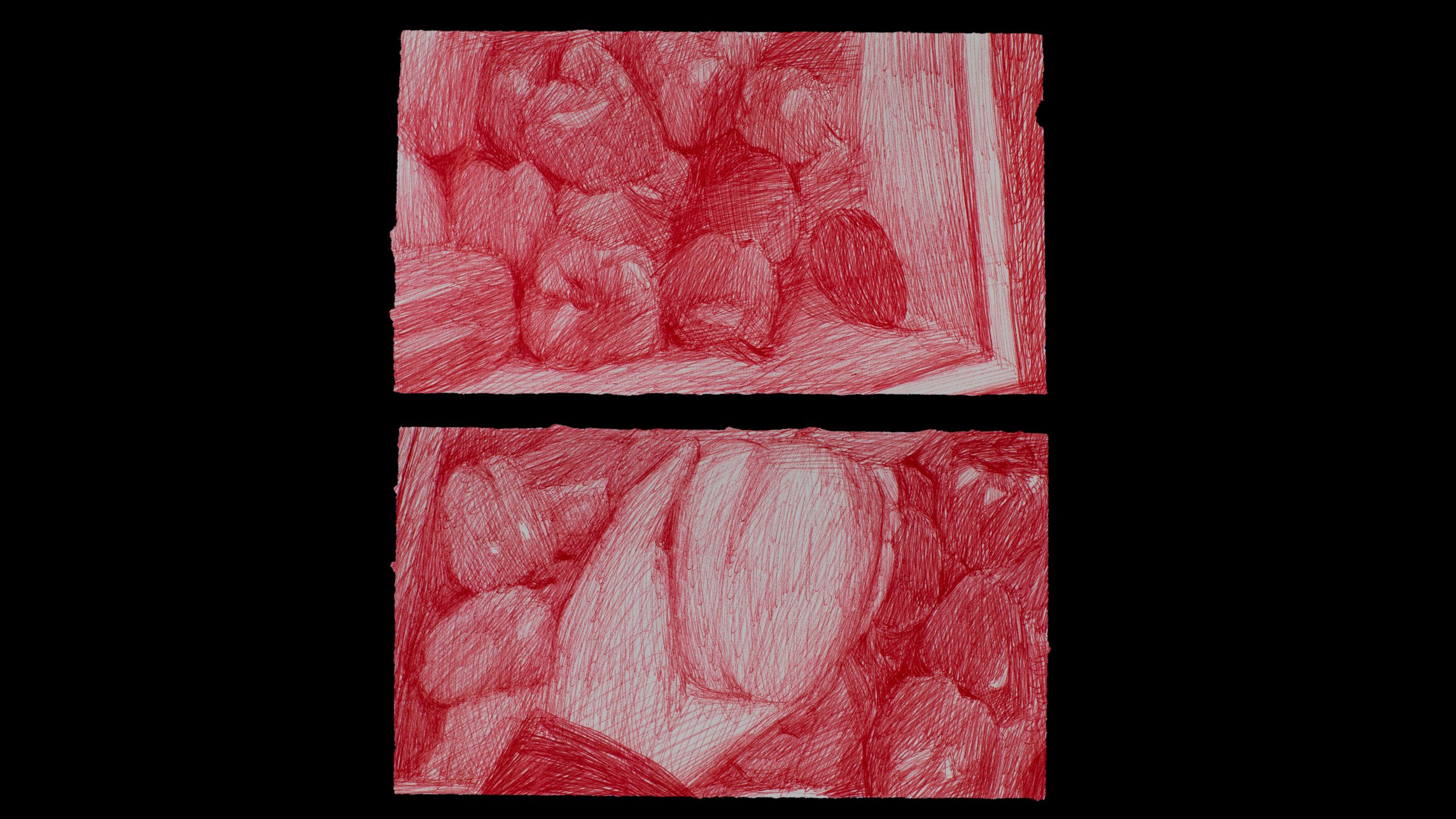
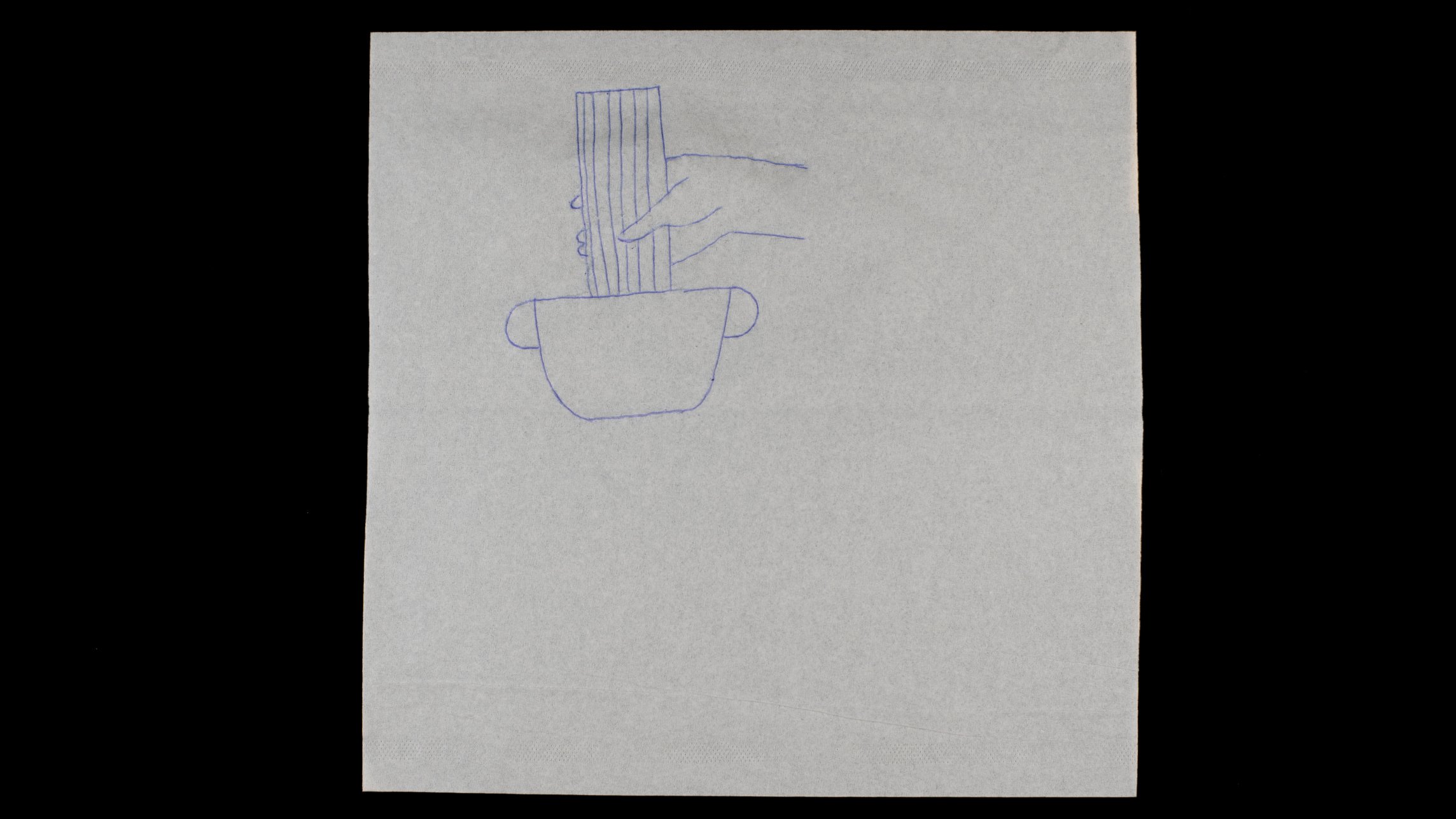
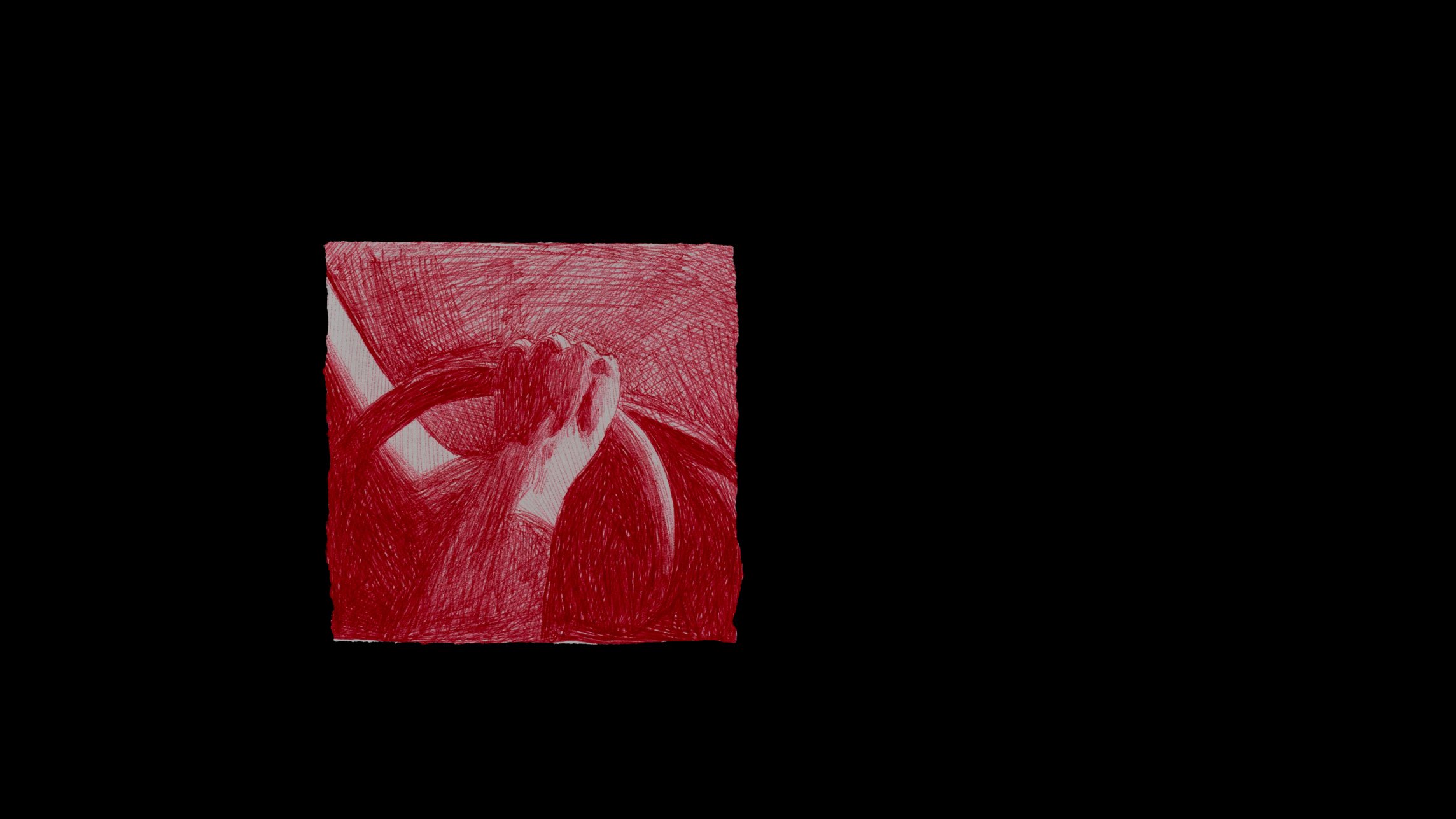

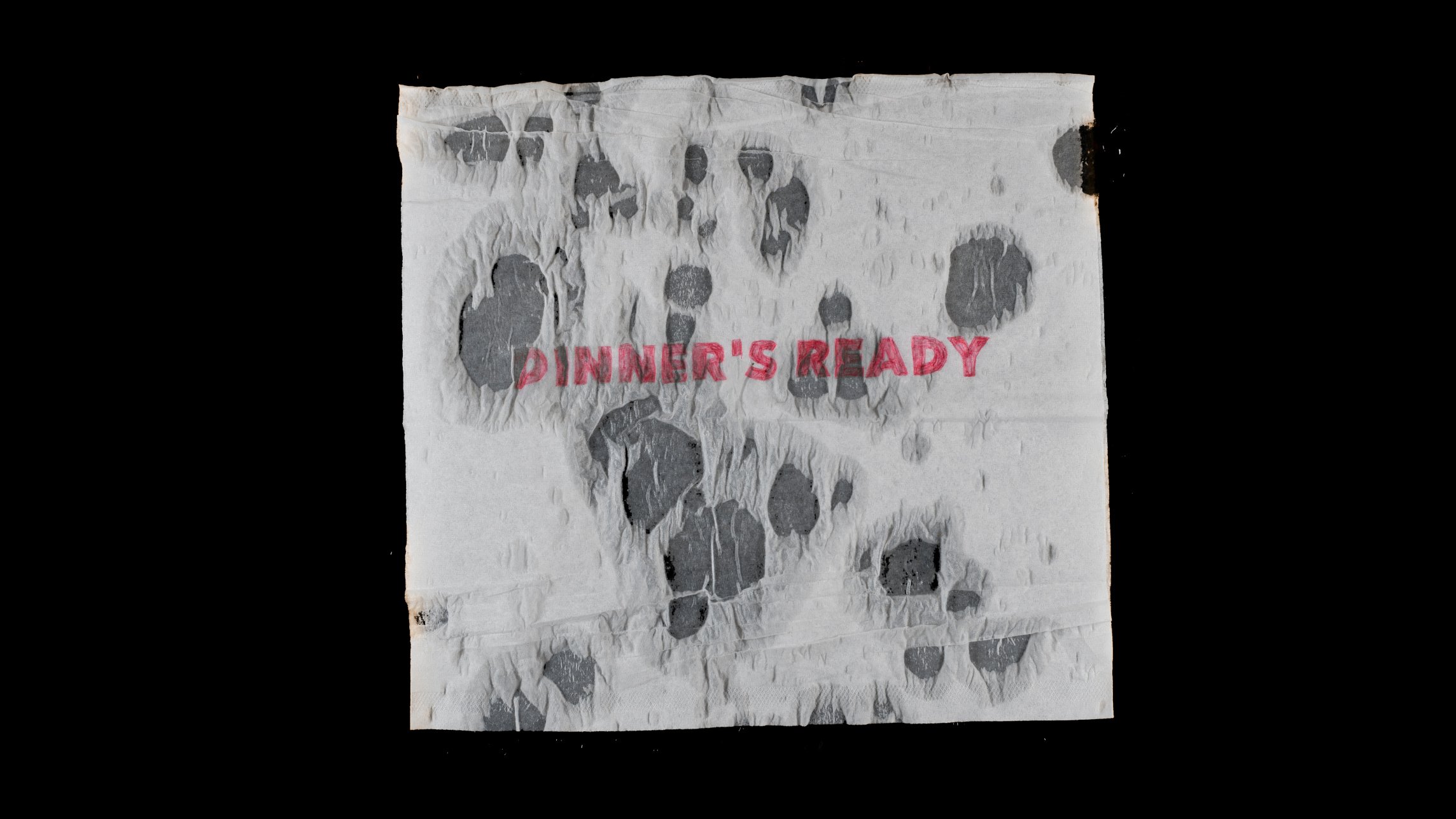
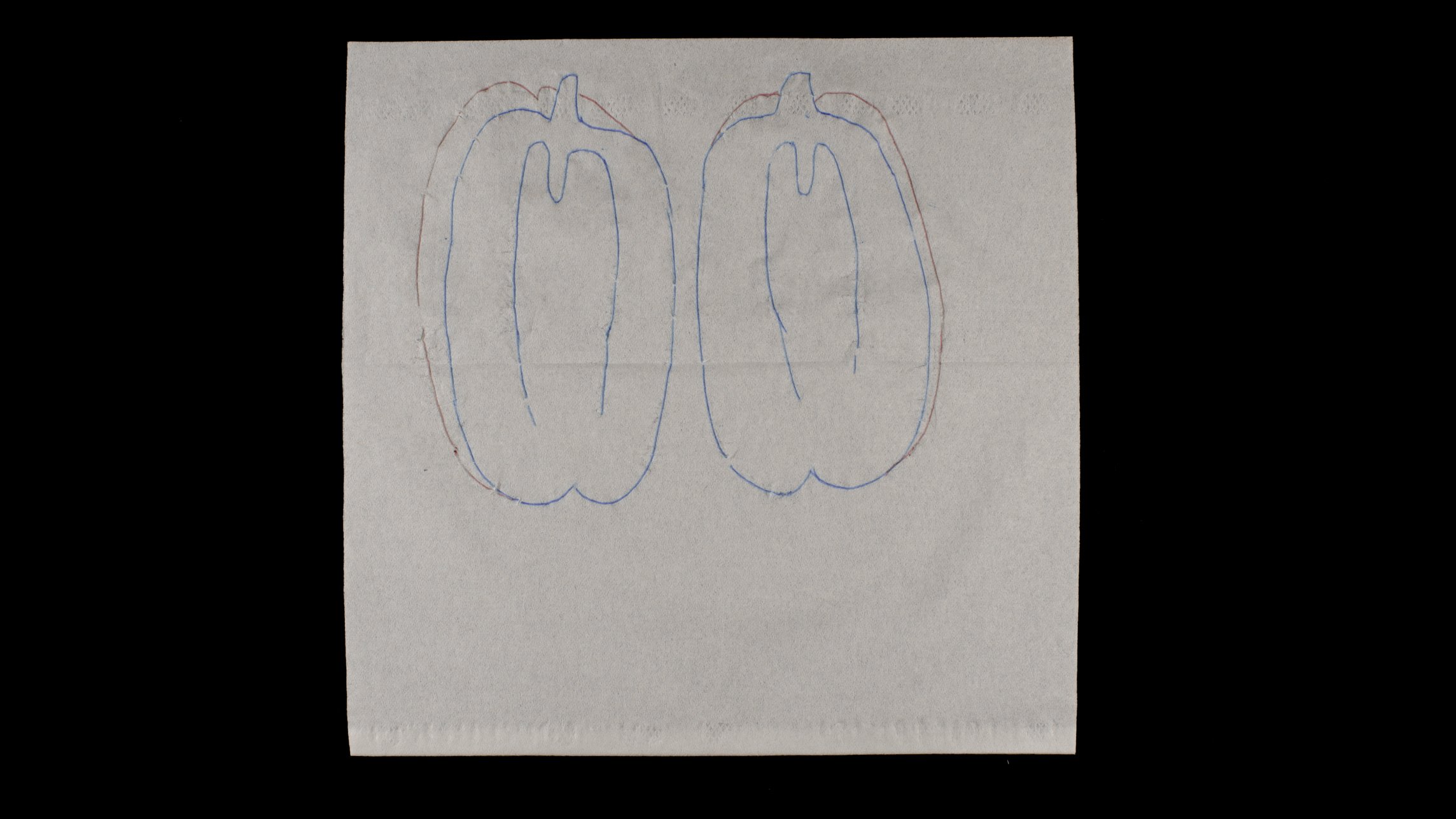
DINNER’S READY
Email to request screener
What does it really mean to love another person?
My partner and I have been together for over a year now. In the beginning, I noticed that she always left her dirty dishes piled up due to a hectic work schedule, so as an act of care I would make it a point to always try to help her do the dishes when I went over to her place. I would cook for her when she neglected her own meals and replace her soap if she ran out. These small acts of service were done not because someone expected them of me but because that was how I was taught to demonstrate care.
But then, if I’m the one cooking then of course I’m the one doing groceries. If I’m the one doing groceries, of course I’m the one picking up quarters to do laundry. Since I have the quarters to do laundry already, why not just do everyone’s laundry in one go? Since I’m already cleaning the clothes, I might as well organize the bedroom as well. Since I’m spending all my time at home, of course I have extra energy to listen to my partner complain about their difficult job working 9 to 5. If I’m listening all the time, of course my emotions are less recognised than hers. I simultaneously became less and less important, and more and more relied on. I was invisible, but my ghost presence supported an entire household.
But before I knew it, my voluntary acts of kindness became expected services. I had erased myself and my own voice in favour of trying so hard to meet a standard of care I thought was necessary. I think about how my mother takes care of our entire household, but my father doesn’t even realize (let alone know how to be grateful for) the extent of work she does. I was shocked that this dynamic could recreate itself in a queer relationship. It is even more ironic when you consider that my partner and I are artistic collaborators, on top of us both being women. And yet the entire reason I fell into this supplementary position to her is because of feminine sensibilities of what it means to care for someone else.
What does it really mean to love? I’m thinking of all the women who came before me and who will come after me who are unseen in their loving roles. I’m thinking of how care is built into the matrix of femininity in a way that is often neglected in masculinity. I’m thinking of how relationships are built on love, but life is built on responsibilities, and these responsibilities are divided in our minds in a way that conforms to gendered expectations. I’m thinking of how we are doomed to gravitate to heteronormativity, but it doesn’t have to be what we ultimately settle for. Queer liberation means freedom to live and freedom to love in a way that rejects violent heteronormativity from the inside out. Queer liberation is so much larger than any one of us, and yet is still about the slow and individual dismantling of self imposed expectations. Queer liberation is possible, but its opponents are so insidious and so unexpected, you might even mistake them for love.
This film is about anger. This film is about the anger of being walked over without even realising, and it is for all the women I love in my life.